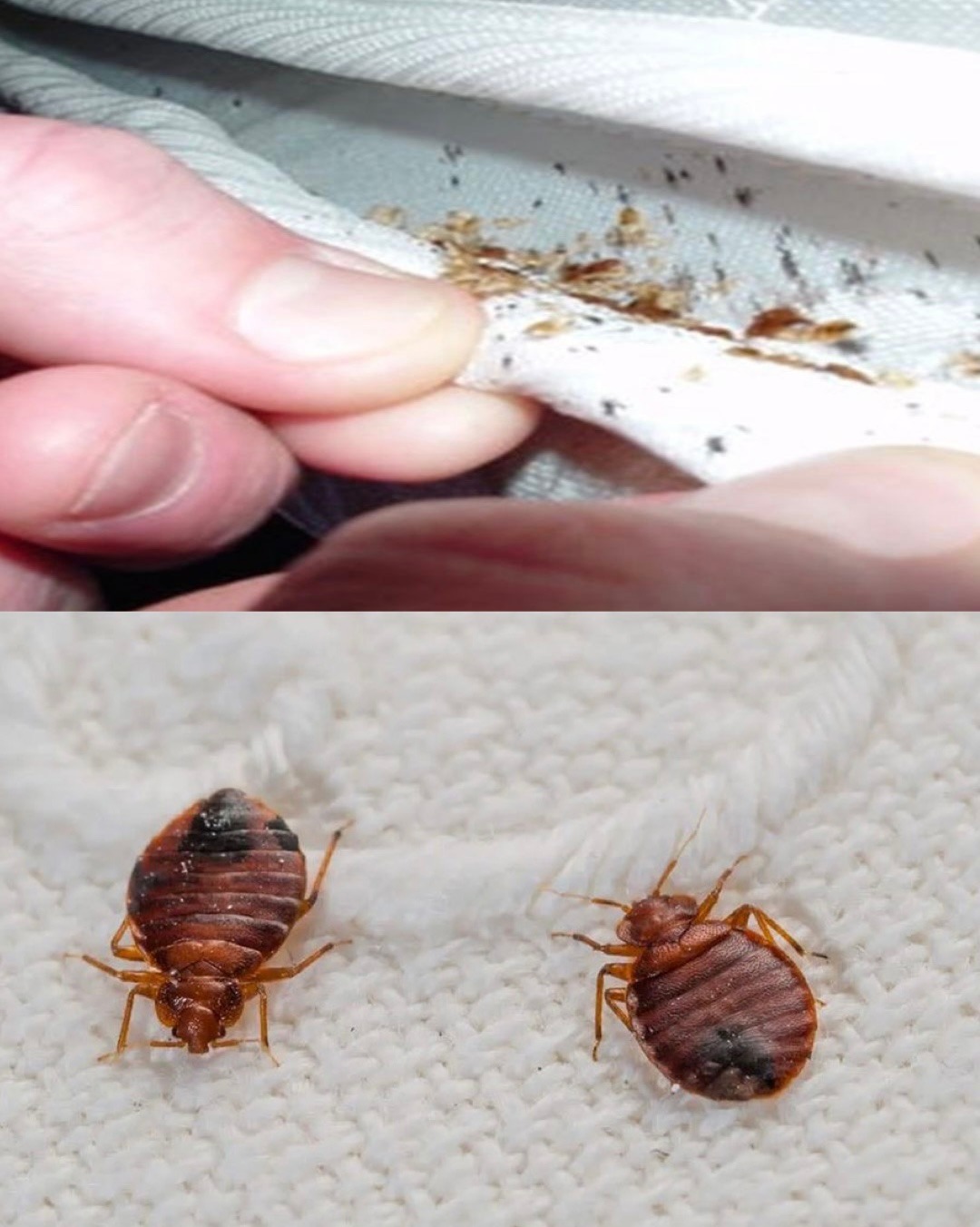For best results, mix the shampoo, olive oil, vinegar and vinegar in a bowl. Stir until well combined.
Filling the spray bottle: To avoid clogging the nozzles, pour the mixture into a fresh spray bottle or atomizer.
For the best results with the solution, shake the container vigorously to mix all the ingredients thoroughly.
Spray the brew to apply to entryways, windowsills, and other areas of the home that are susceptible to pests. While this is usually safe, it’s best to test sensitive surfaces quickly.
To keep it going: Apply the spray frequently, especially after cleaning or after rain, if you’re using it outdoors to maintain its deterrent effect.
The mechanism of action of this DIY approach
Because it interferes with the sense of smell of pests, vinegar is an effective pesticide.
Olive oil: When applied to the exoskeletons of insects, it can affect their mobility and even cause them to suffocate.
To spread the vinegar and oil, add a little shampoo. This will make the mixture bound together and sticky, which prevents pests such as mosquitoes from flying away.
How to get the most out of it
Always prioritize safety when handling food by avoiding spraying areas or food.
If you are considering this, remember that pets are not allowed to explore areas that have been sprayed.
If you are concerned about the strong aroma of vinegar, you can dilute it by adding a few drops of essential oils such as lavender or eucalyptus to make the smell more pleasant.
Preventive cleaning: Carefully remove stagnant water that mosquitoes or cockroaches could use as a breeding ground.
Use common household products to develop an effective, environmentally sustainable, and cost-effective pest control treatment. By incorporating this strategy into your routine home maintenance, you can greatly improve the comfort of your living space and keep insects such as cockroaches and mosquitoes away. To keep your home free of pests, consistency is key.
